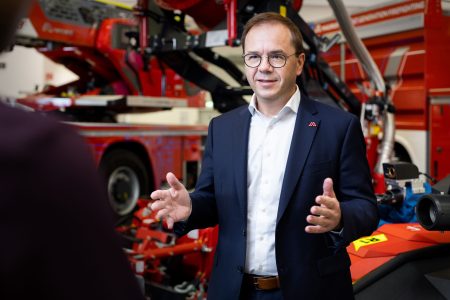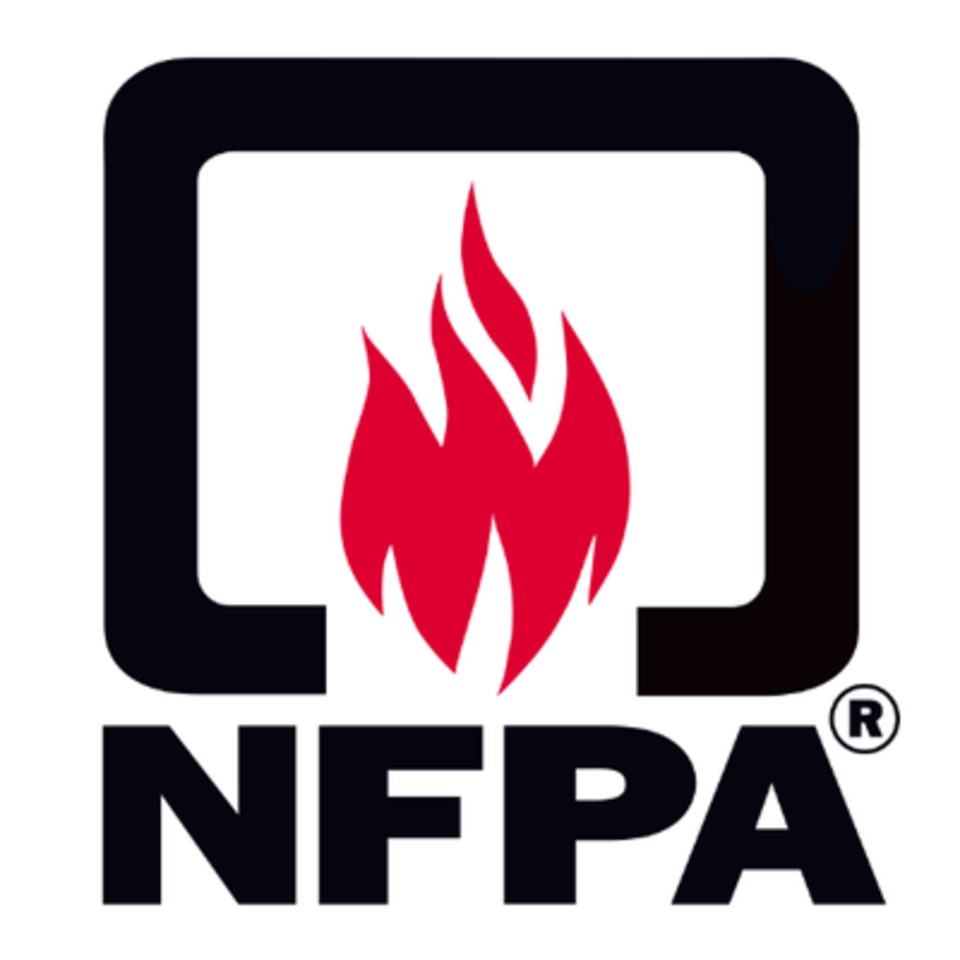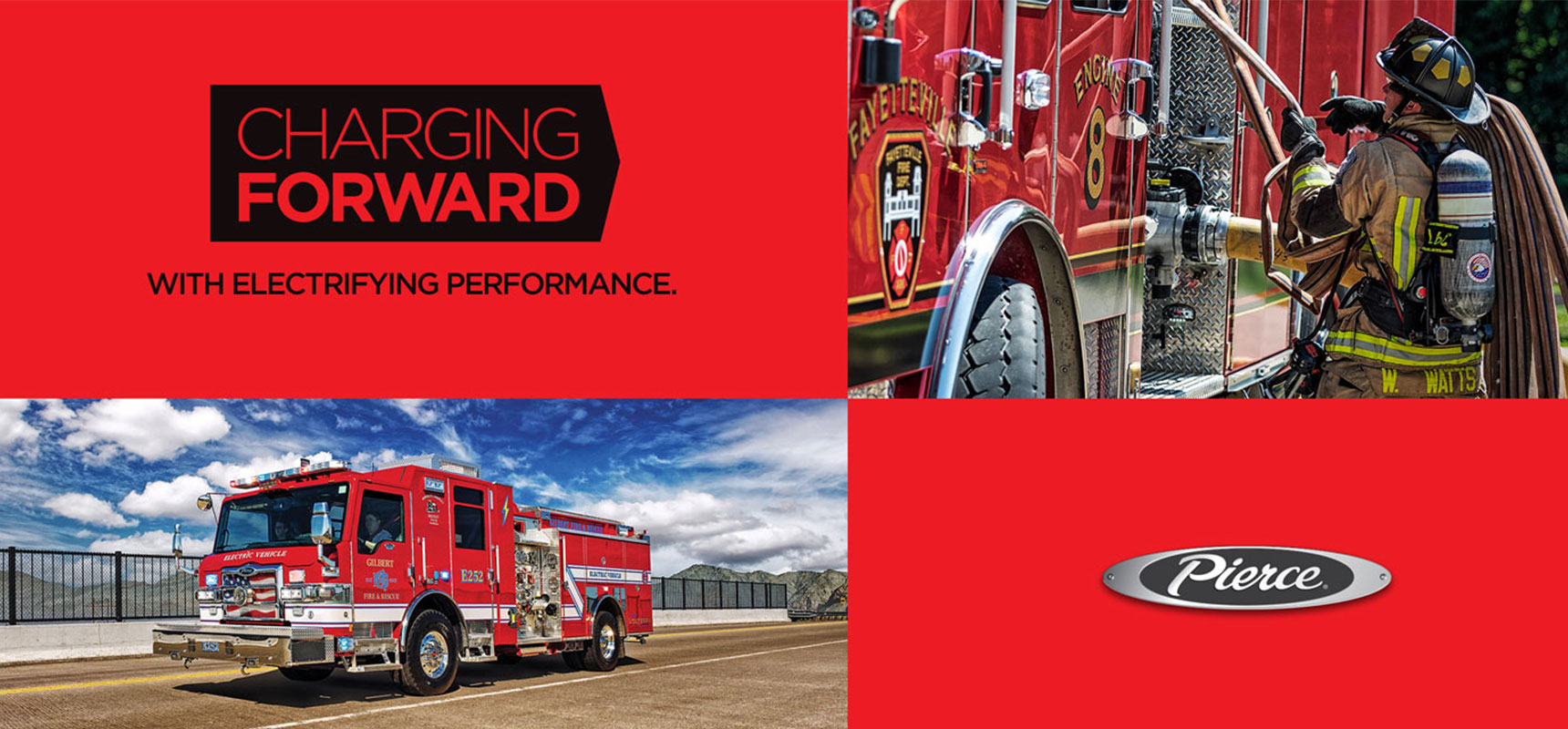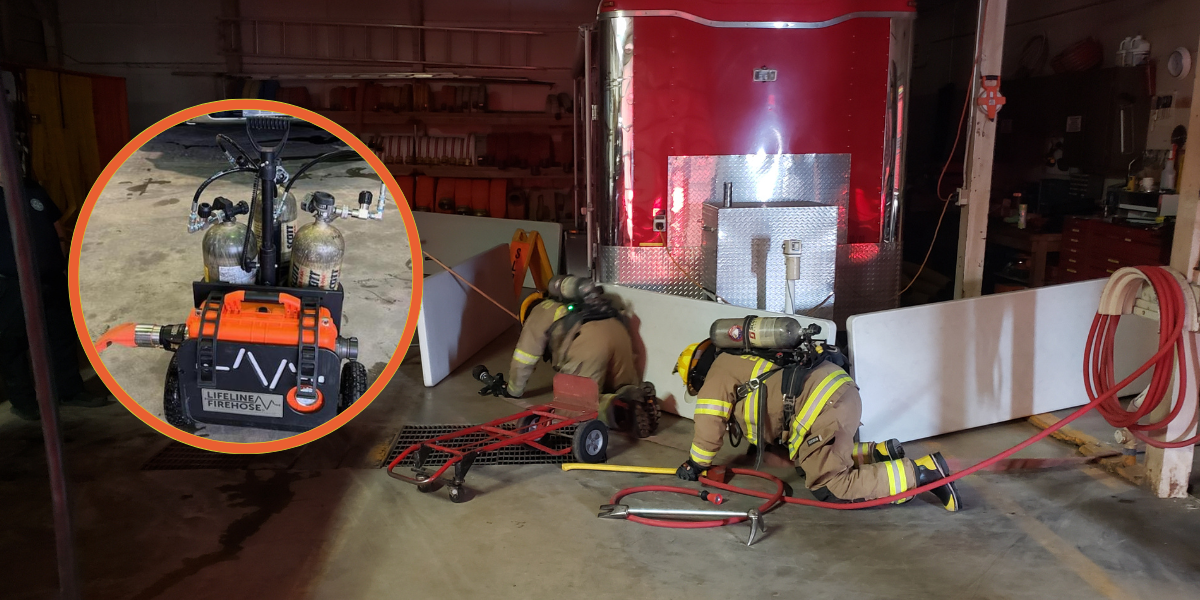An interview with Thomas Hilse, President of Magirus, on the opportunities and challenges in the firefighting industry in 2022 and the goal of initiating a mutual understanding.
The initial situation for Magirus is very positive at the moment. What do you think is the reason for this?
I see the positive starting position as being based primarily on Magirus’ great innovative strength and the clear consistency with which we continue to drive this forward and shape our product portfolio accordingly. That is a clear characteristic of our mindset. The increasing catastrophes such as forest fires, heavy rain or summer heat resulting from climate change are constantly presenting us with new challenges.
With our “Next Generation Firefighting” program, we set ourselves the uncompromising goal of developing future-oriented emergency technology that guarantees efficiency and maximum safety for all emergency forces. Proven Magirus vehicle technology is the foundation of all future technologies. We take pride in driving innovation and seeing it in action.
Currently, we have just handed over the first Wolf R1 tactical response robot, which will be used precisely for the disasters mentioned. It enables firefighters to stay out of harm’s way in the event of intense heat, danger of collapse or poor visibility.
Nevertheless, the firefighting vehicle market has been experiencing two difficult years. The COVID-19 pandemic and the war situation in Ukraine have impacted the growth of production units, and existing orders can currently only be achieved with economic losses and time delays. In your opinion, what is the most urgent issue at present?
We need to enter into a dialogue with all those responsible who are integrated into the process of tendering and awarding contracts for firefighting vehicles. The placement of an order for firefighting vehicles currently in production was up to two years ago. This is the normal process duration for the respective chassis delivery, conversion and equipping of these, as well as the test phase of the vehicles.
When the contracts were signed, none of the parties involved could have anticipated and calculated the pandemic and the resulting problems, such as production difficulties due to breakdowns, delivery bottlenecks, increase in material costs. These huge losses are extremely problematic for the entire industry. Especially because only with a healthy economic basis can the important future-oriented innovations be driven forward.
As a result, we at Magirus will be forced to talk to our customers about price increases for existing orders. We don’t like to do that, but unfortunately profitability is currently forcing us to do so. What do you think are possible solutions to this situation? In order to promote new innovations in fire protection, which are currently imperative precisely because of the prevailing climate catastrophes, manufacturers must be in a position to make investments economically. That’s why a common understanding and a uniform goal orientation of all participants in this process are essential. Other industries also have the opportunity to adapt to the current economic situation.
In the future, this will mean that we will have to integrate inflation clauses into contracts in the expectation that these will be accepted on the basis of a mutual understanding. Absolute transparency in all directions is the basis for this. Only if this fair cooperation is also possible in our industry can we successfully master the necessary transformation in fire protection technology over the next ten years.
To read more exclusive features and latest news please see our May issue here.
Media contact
Rebecca Morpeth Spayne,
Editor, International Fire Buyer
Tel: +44 (0) 1622 823 922
Email: editor@firebuyer.com









